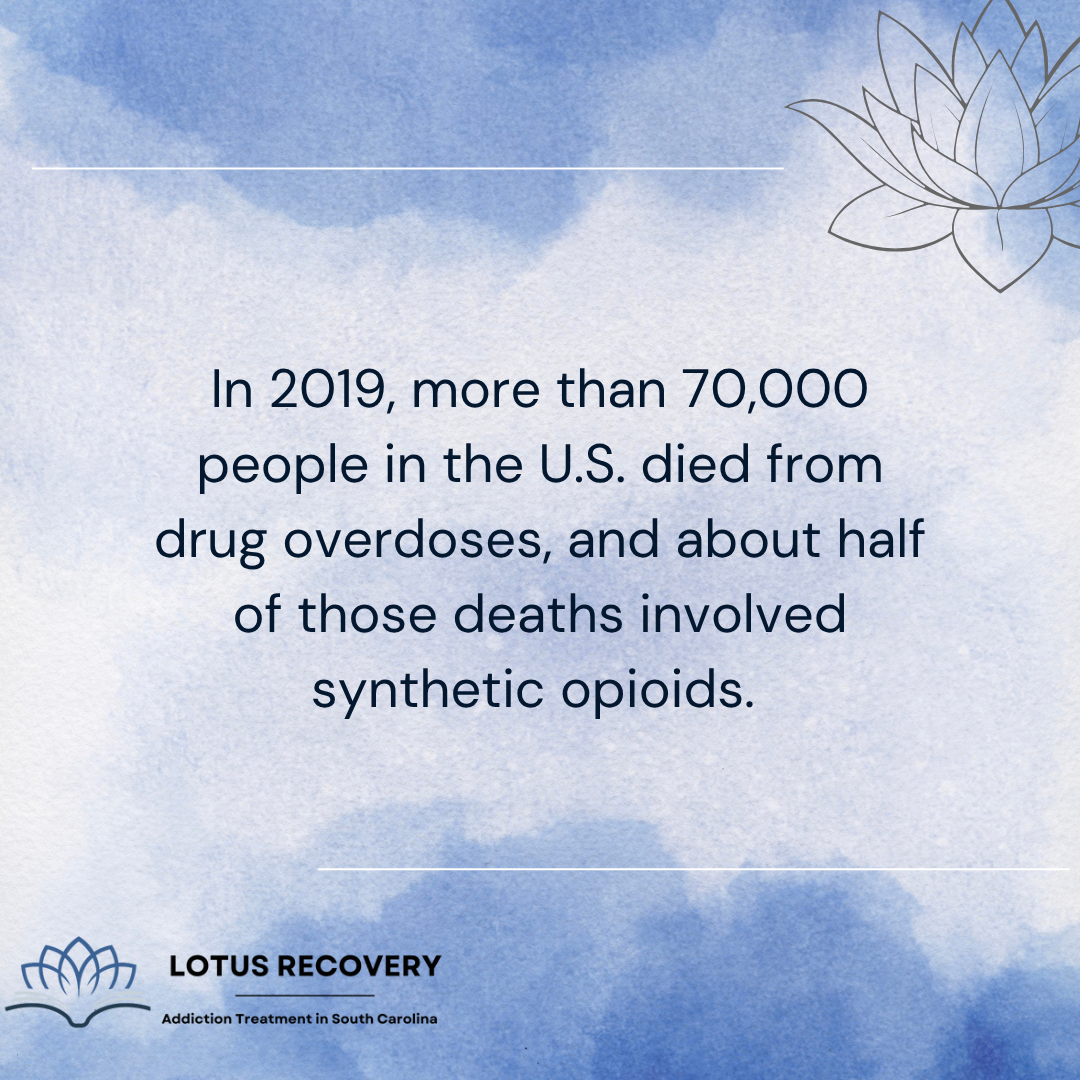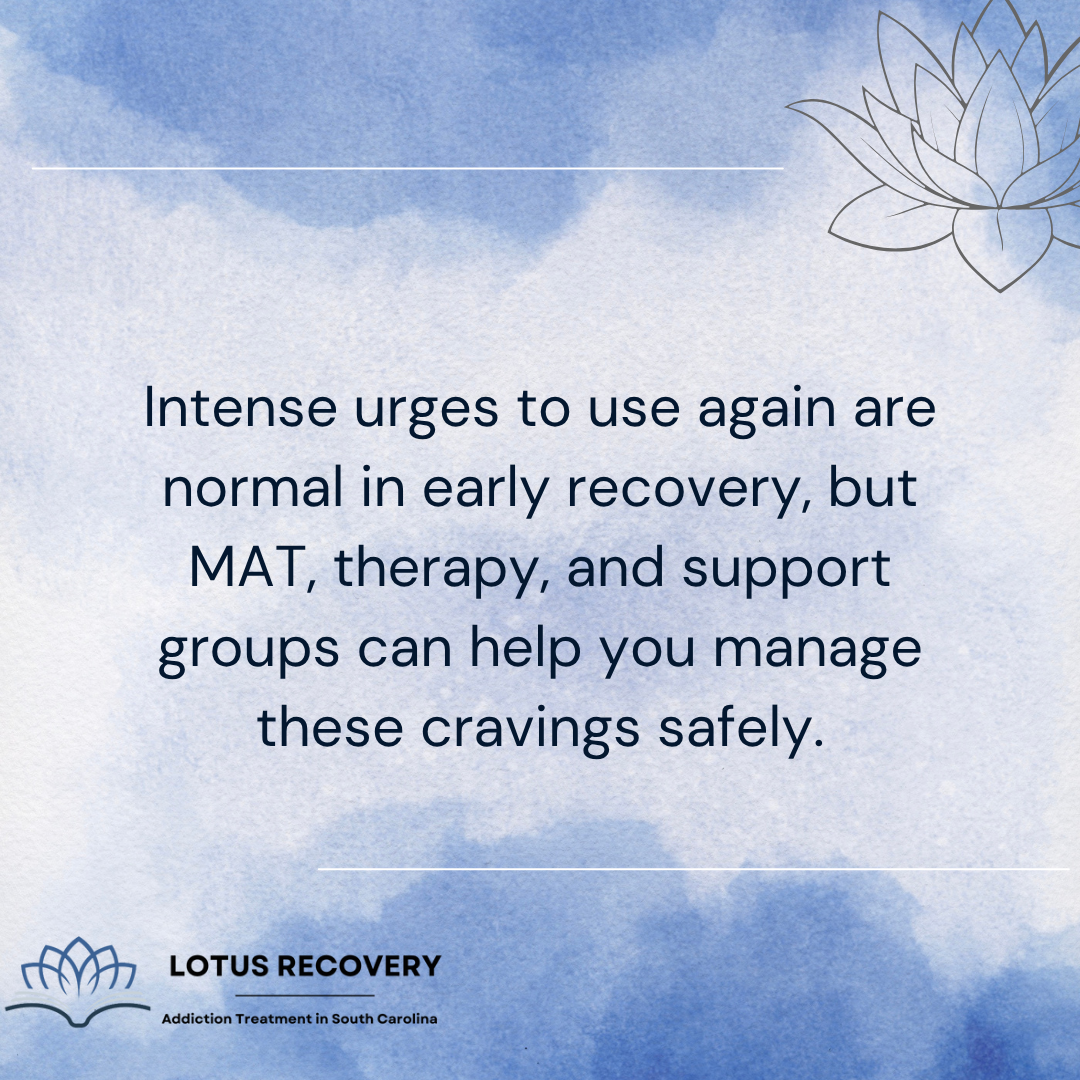
Discover what to expect in opiate addiction rehab and how to navigate early recovery. Learn tips to thrive in a 30-day program and start healing today.
Starting opiate addiction rehab can feel like stepping into unfamiliar territory. Maybe you're anxious, maybe you're doubtful, or maybe you're just exhausted and ready for something to change.
Whatever you're feeling, you're not alone. It’s completely normal to feel overwhelmed at the beginning. Nonetheless, this step is one of the most important you’ll ever take. That’s because the stakes are real.
In 2019, more than 70,000 people in the U.S. died from drug overdoses, and about half of those deaths involved synthetic opioids.
Now, whether you're considering South Carolina addiction treatment or already enrolled in a program, this guide will help you find your footing and start building a healthier future. In this article, we’ll discuss the critical early stages of recovery, covering what to expect, how to manage common fears, and ways to cope with the physical and emotional ups and downs.

If you’re new to opiate addiction rehab, you might be wondering what actually happens once you’re there. While every program has its own approach, most are built around a combination of medical care, therapy, structure, and support. These elements help you break the cycle of opioid use disorder and start building a healthier life.
Detox is the process of clearing opioids from your system while managing the physical symptoms of withdrawal. Detox can feel intimidating, but in a professional drug rehab setting, you’ll be monitored and supported 24/7. In some cases, medications may be used to ease discomfort and reduce cravings.
MAT is often used during and after detox to help stabilize your body and brain. Medications like Suboxone or methadone can reduce cravings and lower the risk of relapse. Your doctor will usually combine MAT with counseling and therapy to address both the physical and psychological aspects of the addiction.
Therapy is a cornerstone of opiate addiction rehab. You’ll likely participate in individual counseling, group therapy, and sometimes family sessions. These help you explore the root causes of your addiction, develop healthier coping skills, and rebuild relationships.
A big part of recovery is learning to live with structure. In rehab, your days are typically scheduled with purpose, from morning wake-ups and meals to therapy sessions, educational workshops, group meetings, and time for rest or reflection. This structure helps create stability and routine.
If you’re considering a 30-day program in South Carolina, here’s what a typical month might look like:

Early recovery from opioid addiction can be one of the hardest parts of the journey. Even in a supportive environment like the ones offered by 30 day treatment centers near me, challenges still come up. So, knowing what to expect can help you stay grounded when things get tough.
Despite these challenges, staying engaged even when it’s uncomfortable is one of the most important things you can do.

So, how do you survive an opiate addiction rehab, especially a 30-day program South Carolina?
You don’t have to pretend everything’s fine. In fact, rehab works best when you’re real about what you’re feeling, whether it’s anger, fear, sadness, or doubt. Keep in mind: Staff and peers are there to help, not judge.
Therapy might feel awkward at first, especially group sessions, but these are core parts of recovery. They’re where you’ll learn how to cope without using, how to deal with emotions, and how to rebuild your self-worth.
You’re not in this alone. The people around you — others in the same 30-day program — get it in a way that others might not. Sharing stories, offering support, and simply listening can already make a huge difference.
Daily routines help reset your internal clock, create predictability, and reduce impulsivity. Even if it feels rigid at first, sticking to the schedule helps rebuild stability and focus.
Trite as it may sound, but recovery doesn’t happen overnight. And the reality is, some days will feel better than others. The key here is to be patient with yourself and the process. Remember: You’re unlearning old habits while building a whole new way of living.

Starting opiate addiction rehab is a brave and life-changing move.
From managing withdrawal and adjusting to structure, to facing emotional challenges and connecting with others, the early days of recovery are tough. Still, all these are absolutely worth it. With honesty, patience, and support, you can survive rehab and build the foundation for a healthier, stronger future.
If you’re looking into addiction treatment centers in South Carolina, let Lotus Recovery be your next step toward healing. Our compassionate, structured 30-day programs are designed to help you reclaim your life, one day at a time. Reach us today!

Reviewer
Henna is a content strategist with over 5 years of experience in behavioral health marketing. She specializes in creating informed, compassionate content for addiction treatment centers, using her deep understanding of the industry to educate, engage, and support individuals seeking recovery.